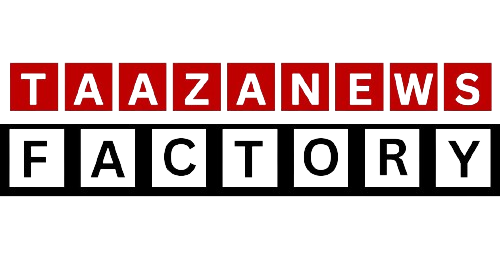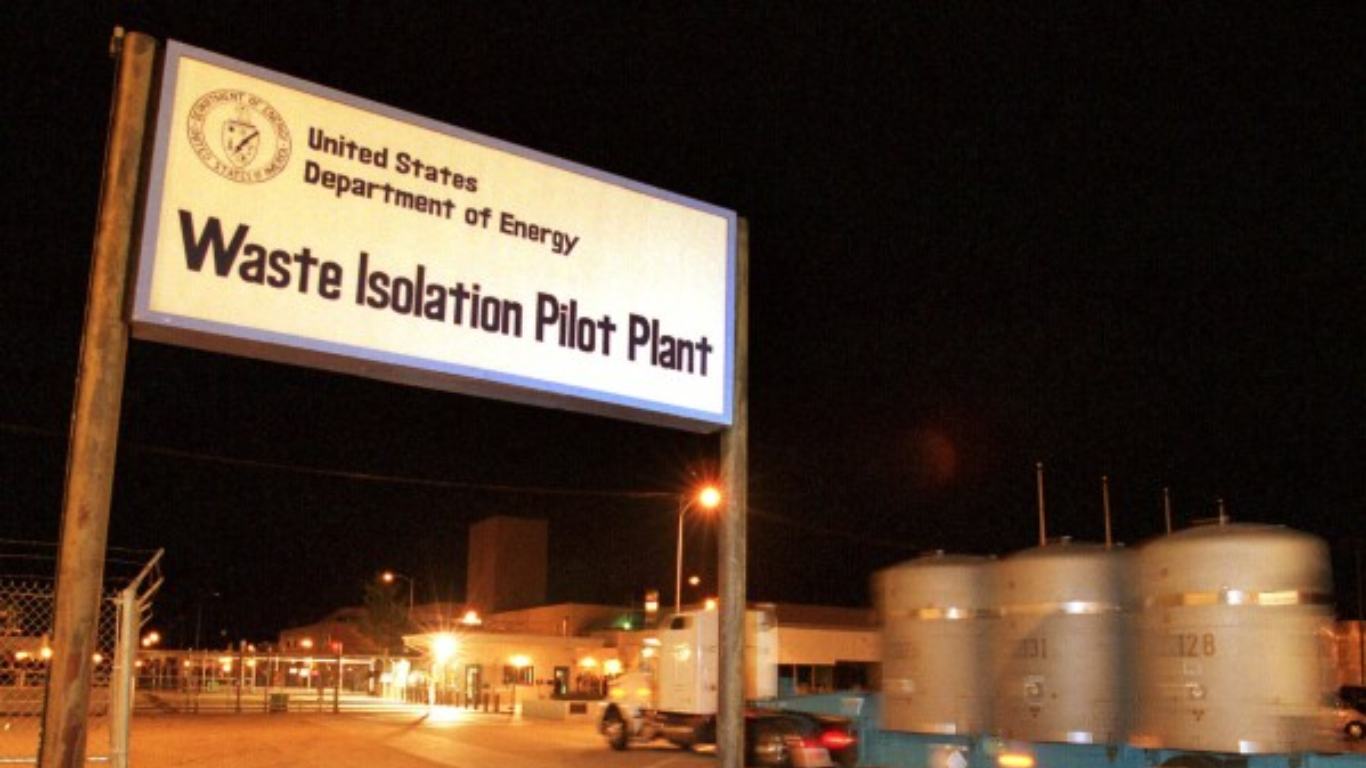The Supreme Court is diving into a heated battle over nuclear waste storage in Texas, a dispute that has been brewing for decades. At the center of the case is whether the Nuclear Regulatory Commission (NRC) had the authority to approve a private company’s plan to store spent nuclear fuel in Andrews County, Texas. This decision has sparked backlash from Texas officials, environmentalists, and local landowners. So, what’s going on, and how does it affect you? Let’s break it down.
What’s the Deal With Nuclear Waste in Texas?
The NRC gave a company called Interim Storage Partners the green light to store up to 40,000 metric tons of nuclear waste for 40 years in Andrews County, Texas. This waste, also known as spent nuclear fuel, comes from nuclear reactors across the United States. Instead of being stored on-site at power plants, this radioactive waste would be transported to Texas and stored in above-ground containers.
However, Texas officials, including Governor Greg Abbott, strongly oppose this move. They argue that this nuclear waste site in Texas could threaten public health, water supplies, and the oil-rich Permian Basin. Additionally, the 5th U.S. Circuit Court of Appeals ruled that the NRC lacked the legal authority to issue this license, setting up a major legal battle in the Supreme Court.
The Biden vs. Trump Debate on Nuclear Waste
This case has turned into a political showdown between the Biden and Trump administrations. Initially, the Biden administration urged the Supreme Court to review the case. However, the Trump administration has now stepped in to defend the NRC’s authority to approve private nuclear waste storage sites.
Acting Solicitor General Sarah Harris argues that a ruling in favor of Texas could halt nuclear waste storage nationwide, potentially forcing nuclear reactors to shut down due to a lack of storage facilities. On the other hand, Texas Solicitor General Aaron Nielson insists that the NRC overstepped its legal boundaries. He highlights that, under federal law, the Yucca Mountain Nuclear Waste Repository in Nevada is the only designated site for long-term nuclear waste storage. However, that project was effectively shut down during the Obama administration due to strong political opposition.
Also Read: Tesla vs. Uber: A Robotaxi Showdown That Could Shake the Ride-Sharing Industry!
Why Does This Matter to You?
- Health & Environmental Risks: Storing radioactive waste in Texas could pose serious health and environmental risks. If a leak or accident occurs, it could contaminate water supplies and threaten nearby communities.
- Impact on the Energy Industry: The Permian Basin is one of the largest oil-producing regions in the world. A nuclear waste site in this area could disrupt oil and gas production, leading to higher fuel prices and job losses.
- National Nuclear Policy Implications: This case could set a precedent for how the United States handles nuclear waste disposal in the future. If Texas wins, the federal government may have to rethink its entire nuclear waste strategy.
What’s Next?
The Supreme Court’s ruling on this case will likely shape nuclear waste storage laws for decades. If the justices rule in favor of Texas, the government may have to either find a new nuclear waste storage site (or revive Yucca Mountain) or change federal nuclear waste laws altogether.
Final Thoughts
This case isn’t just about Texas—it’s about the future of nuclear energy and waste management in the U.S.. Whether you live in Texas, Nevada, or elsewhere, this decision could impact everything from energy policy and environmental regulations to public health and national security.
Keep an eye on the Supreme Court’s ruling—it could reshape America’s approach to nuclear waste storage for generations to come.
Stay updated with the latest semiconductor industry news! Follow us on Instagram, Telegram, or WhatsApp for real-time updates.






